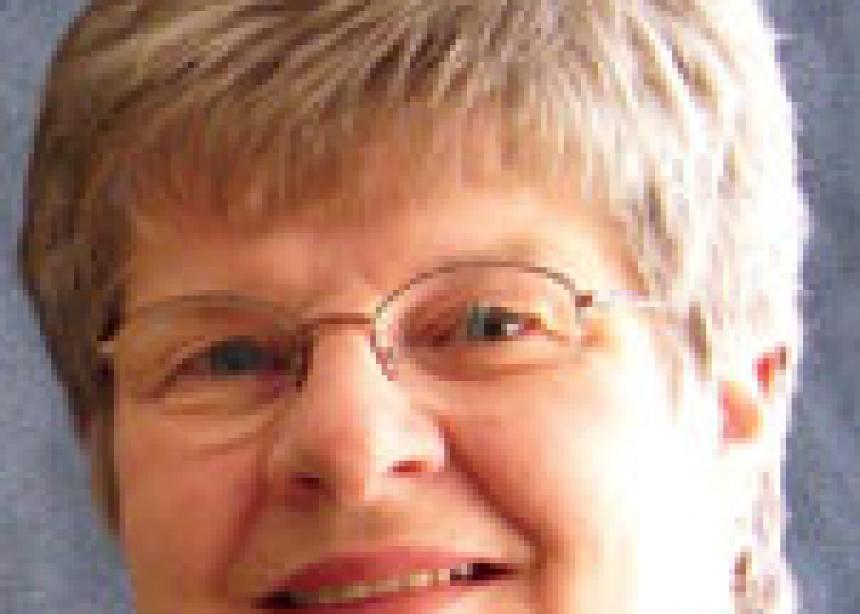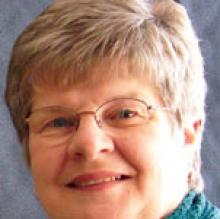“Discernment” is the latest buzzword among leaders, not only in the church but also in corporate and business circles. Every day, it seems, a new book appears and promotes a new way of discerning direction and vision. In the church we often speak of discerning God’s Spirit.
Several months ago at a conference on leadership, one of the speakers made the statement that, “in a time of constant change and chaos such as ours, leaders need to learn how to lead in ‘permanent whitewater.’?” When I quoted this to a monthly gathering of interim pastors, one of them quipped, “Whitewater canoeing can be a hoot, but you can only do it for so long. Then you need calmer waters.”
With the ever-increasing diversity in the church, sometimes our communal discernment can feel like navigating “permanent whitewater,” where reacting is the predominant way of responding.
But discernment requires getting out of the “whitewater rapids” and into a place where we can once again hear that inner voice of wisdom, of God’s Spirit within. It requires getting into the calm, steady stream of what God has done, is doing and will do, and it requires remembering who we are. It requires relinquishing our tight grip on making things go our way, and offering our hopes and opinions to be woven with others into God’s larger purpose for the world. Our Anabaptist forebears called that gelassenheit.
For that deeper discernment, we need time alone and in community. As Mennonites, we often move to communal discernment and bypass the individual part of the process. We begin talking and reacting without spending time listening deeply to each other and being grounded in our own inner wisdom.
God’s Spirit speaks to people in many ways, the gathered community being only one. In our own understanding of Scripture, in our own consciences, and by using our powers of judgment and observation of our own life experiences and those of our brothers and sisters around the world, and in the broader wisdom of science and creation, God has given us aids to discern what seems best in any given circumstance.
In the gospels, Jesus often withdrew into the wilderness or to the mountain, sometimes alone, other times with a few of his disciples. He withdrew at precisely those times when the next step was not clear or just plain hard: at the start of his ministry; before choosing his disciples; when the crowds were clamouring for him and he had to choose between staying and going on to the next town; at the Mount of Transfiguration when he was about to enter Jerusalem; and in the garden when he was facing almost certain death.
Discernment takes place within the context of a living, loving relationship with God and with God’s people. For those relationships to be nurtured, we need time to listen deeply alone as well as in community.
Muriel Bechtel is conference minister of Mennonite Church Eastern Canada.



Add new comment
Canadian Mennonite invites comments and encourages constructive discussion about our content. Actual full names (first and last) are required. Comments are moderated and may be edited. They will not appear online until approved and will be posted during business hours. Some comments may be reproduced in print.